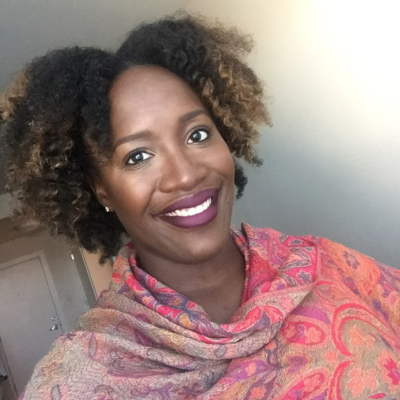Lanice C. Williams, M.S., CHES®
Lanice C. Williams is a global health and gender consultant. She has over 11 years of experience working on research, programmatic, and policy initiatives in the United States, Sub-Saharan Africa, Latin America and the Caribbean. She recently served as a Sr. Program Officer at Jhpiego, providing cross-cutting management and programmatic support for the Maximizing Options to Advance Informed Choice for HIV Prevention (MOSAIC) project and the RISE PEPFAR HOP activity lead. She has worked on issues ranging from gender integration, HIV prevention, SRHR, and GBV prevention and response. She was a 2022 Fellow with WomenLift Heath. She serves as the Chair for Women in Global Health Washington DC Chapter, Co-Chair for the Young Professionals Program with the United Nations Association-National Capital Area (UNA-NCA), and a Commissioner with the DC Commission for Women, a three-appointment by the Mayor of Washington DC. She is a dual citizen of Jamaica and the U.S. and holds a Masters of Science in Health Education and Bachelors of Science in Biology from Howard University.

